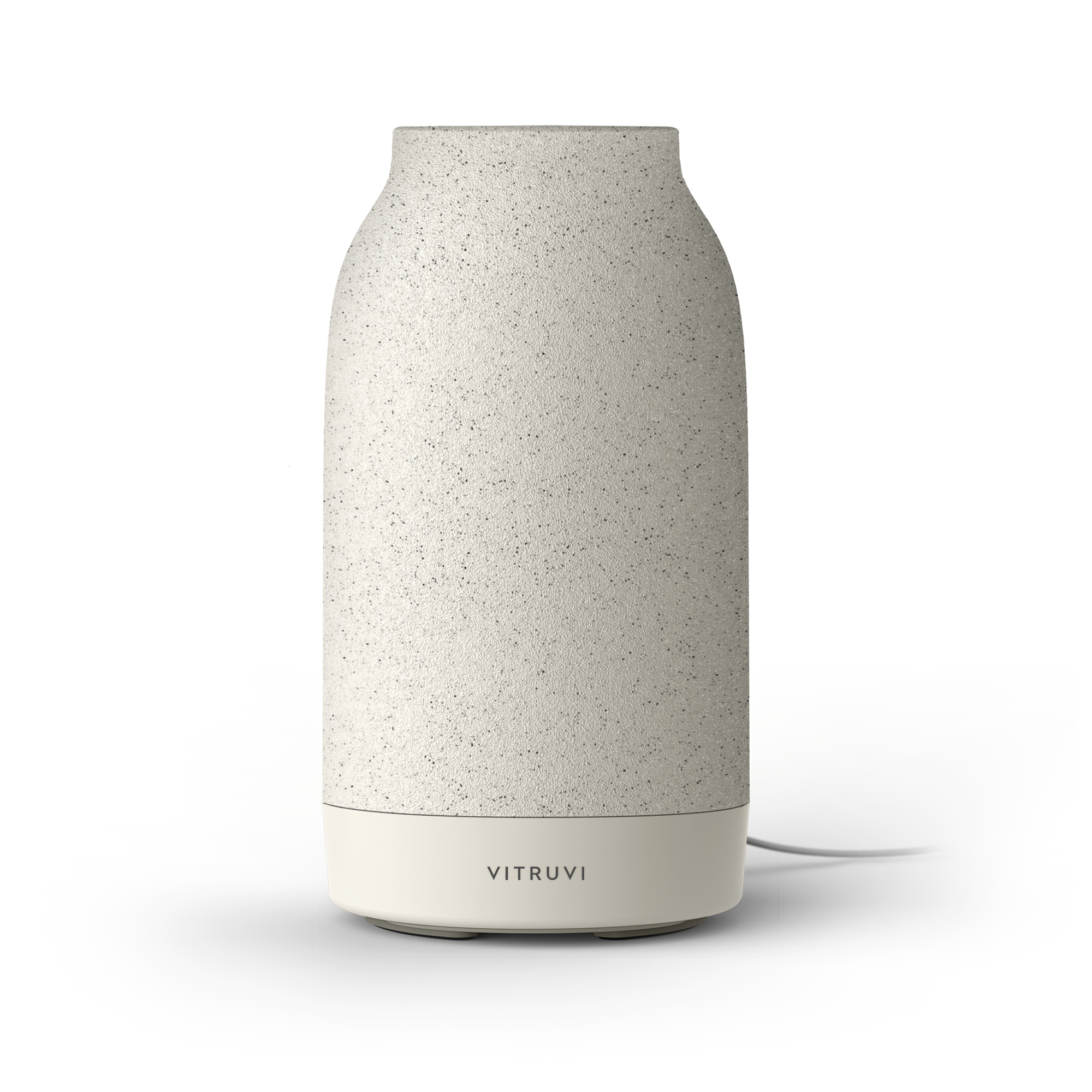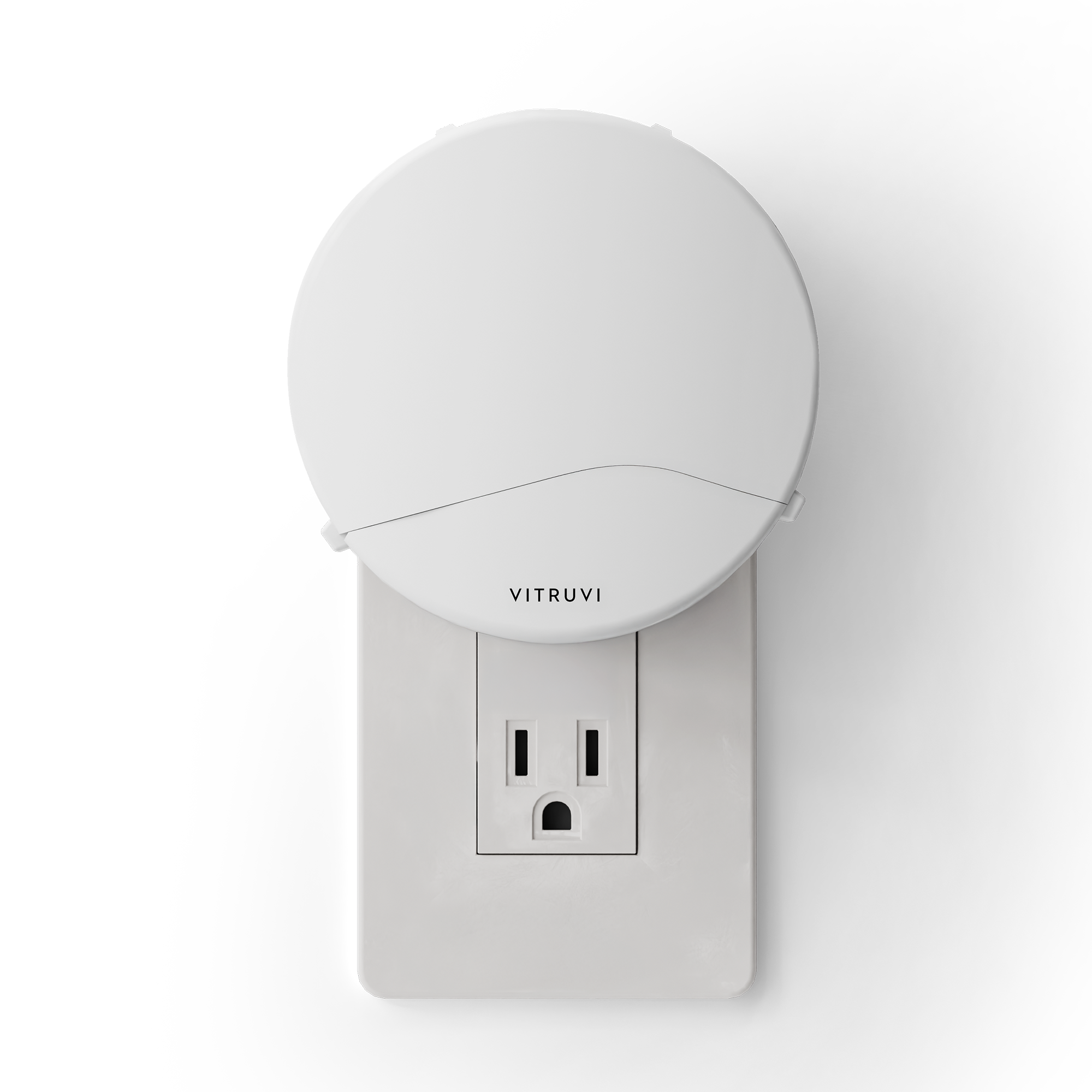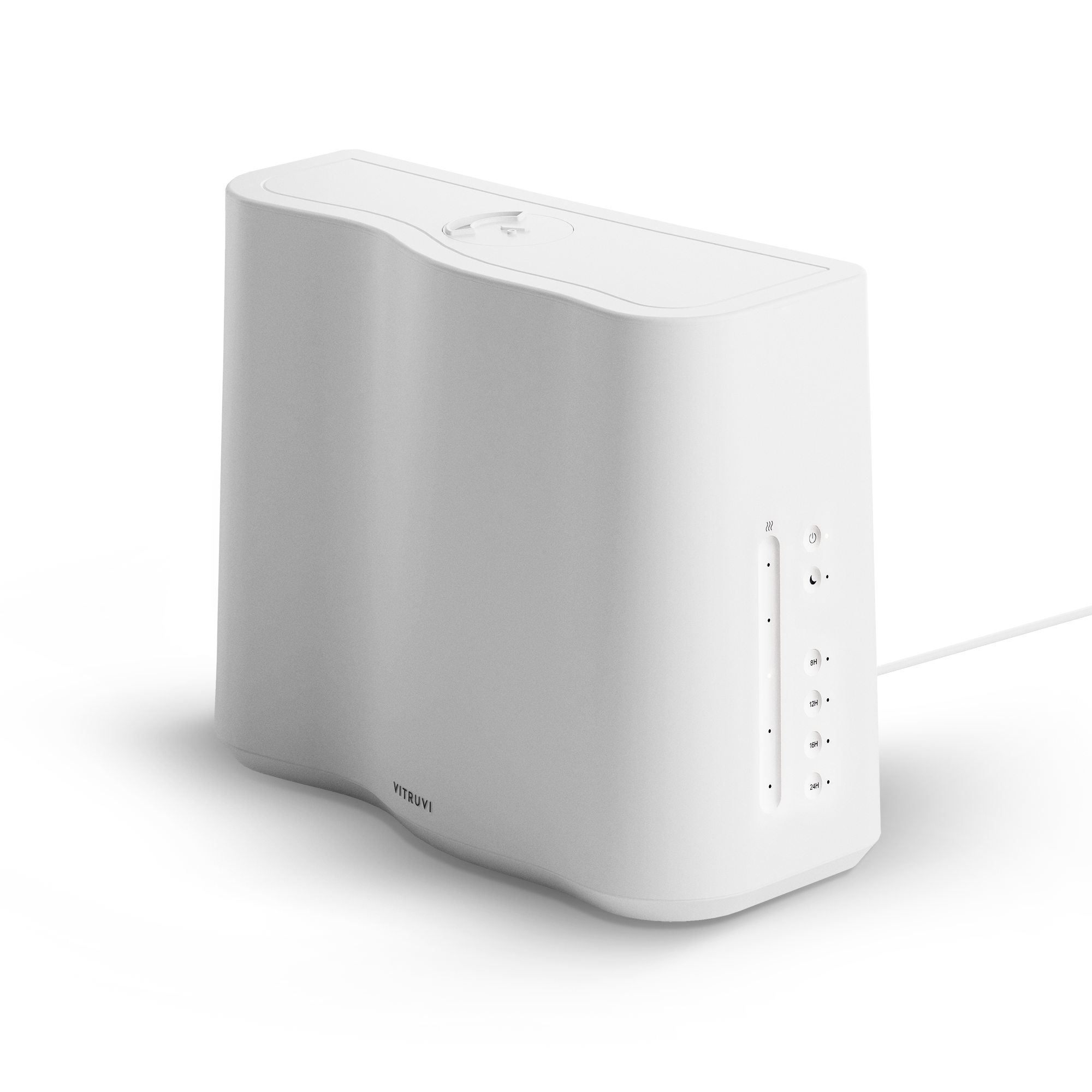I admit, I came across Cuup in a rather roundabout way. It was the summer of 2020; the world was in chaos, and so was my personal life. Fresh from a breakup with my long-term, live-in partner, I was confused and still healing; searching. I read every essay and interview I could find on people going through separations. I needed to hear from others that this was happening to. I needed to feel less alone.
In an Instagram hole one day, I came across the profile of Jess Hannah, who founded it-girl jewelry and nail polish line J. Hannah. One of her more recent posts at the time had this caption: “Thank you @cuup for a new dating app profile pic + graciously granting me a platform for this ode to getting dumped.” Jackpot.
The corresponding interview for Cuup’s editorial platform BodyTalk gave an honest, vulnerable, and relatable look at breaking up, being alone, and rediscovering the self (thanks, Jess; let’s be friends!!). Sure, the article’s imagery promoted Cuup’s bras—but the conversation was real. The feelings were real. It was about supporting women (get it?) in every facet of their lives. And that’s at the core of what Cuup’s cofounders Abby Morgan, Kearnon O’Molony, Lauren Caris Cohan, and Chrisden Ferrari set out to do when they created their New York-based brand. With the coronavirus pandemic approaching its one-year mark, it’s perhaps a more important mission than ever.

“Everyone’s going through a lot. We don’t have enough of a conversation around mental health and what this is doing to us,” says Morgan, also the company’s chief marketing officer, via phone. “And also as women—there are a lot of women who are working full-time from home, or are not working and are parenting their kids and homeschooling. It really upset me seeing how many women lost their jobs in December; and it’s because we’re carrying so much. So at Cuup we constantly start our conversations creatively about: how can we be a place for inspiration for her? How can we root our conversation and strategy in support, and be something that makes her feel good—from the product being really comfortable, all the way through our messaging and what we stand for?”
Of course, at their most basic level, what bras offer women is literal support. But for too long, the lingerie industry has promoted a binary, archaic, and frankly sexist view of sensuality. You don’t need cleavage, rhinestone-encrusted bras, or, ahem, “angel wings” to be sexy. Pushing against this, Cuup strips the intimates category of the male gaze, instead turning inward. A woman’s body is sexy because it is her body.

“I always say, ‘Sensuality is self-defined.’ So what it means to me is different than what it means to you,” says Morgan, who is isolating in the Catskills and spends her non-working hours cooking and skiing (she’s pregnant, so self-care for her really centers around nourishment and movement right now). “I feel sensual sometimes when I’m reading a book and there’s a character I relate to, and learning something about them makes me reflect on something about myself. That makes me feel really beautiful and sexy. Or when I’m doing activities that I really, really love; having conversations with friends. There are so many different moments. But it really is self-defined for me.”
Taking this ethos to heart, Cuup’s designs are minimal, focusing on form, fit, and function; they come in basic neutrals like black and taupe, and use lightweight, flexible underwire to maximize comfort without sacrificing support. With a unique, inclusive sizing system and an interactive video fitting service, Cuup is able to meet women wherever they are.

“We realized there was a massive disconnect in the market about actually fitting on as many sizes as you can; we realized that the average brand fits on about 17 sizes, but there are over 60 different sizes that you can be as a woman, between band and cup,” Morgan explains. “A large percentage of women are wearing the wrong size, and that’s why bras are so uncomfortable and they’re so ill-fitting. So we really wanted to change that.”
Despite the fact that we’re spending more time than ever in loungewear, Morgan tells me that the intimates market hasn’t seen a major dip in sales; anecdotally, she hasn’t noticed massive changes in consumer behavior in terms of bra styles or shapes, either. What she has recognized, unsurprisingly, is a major shift to online shopping, and to actually being more thoughtful about the bras we choose to wear.

“I think what we’re seeing is a changing perspective in intimatewear as a whole,” she offers. “We’re moving from a need to more of an aspiration. We’re seeing this focus from durability towards fashion—and these pieces being a little bit more the foundation of your outfit, even if they’re not meant to be seen.” If women are only dressing from the waist up, all we really need is a shirt without stains and a comfortable bra underneath.
The best support systems, after all, are the ones we can turn to without fail—a group chat with close girlfriends; a weekly therapy session; a favorite self-care ritual; a magazine that always knows just what you want to read; a go-to piece of lingerie. For every woman it’s different. But as long as we keep talking about it all, I really think we’ll be okay.











